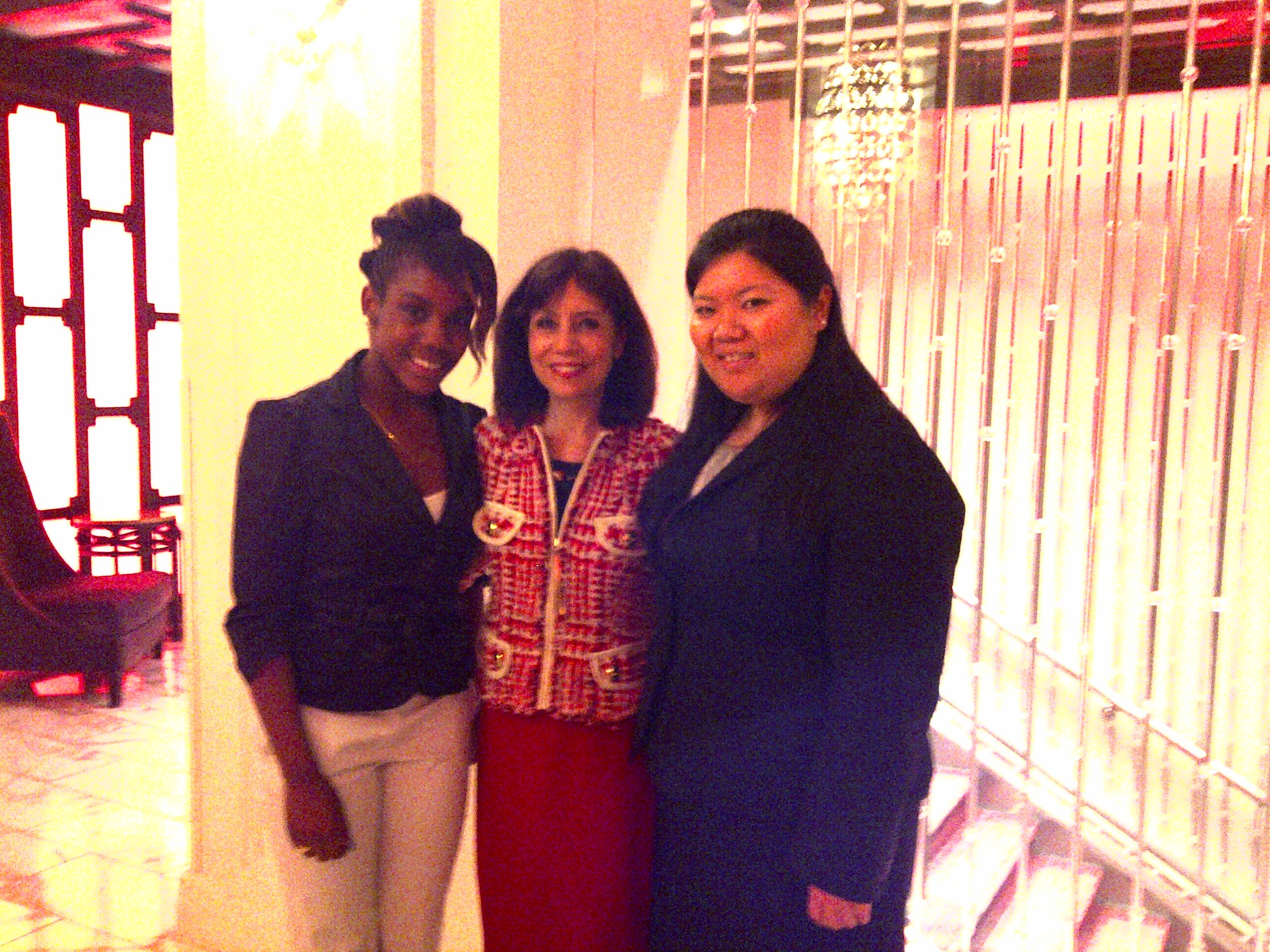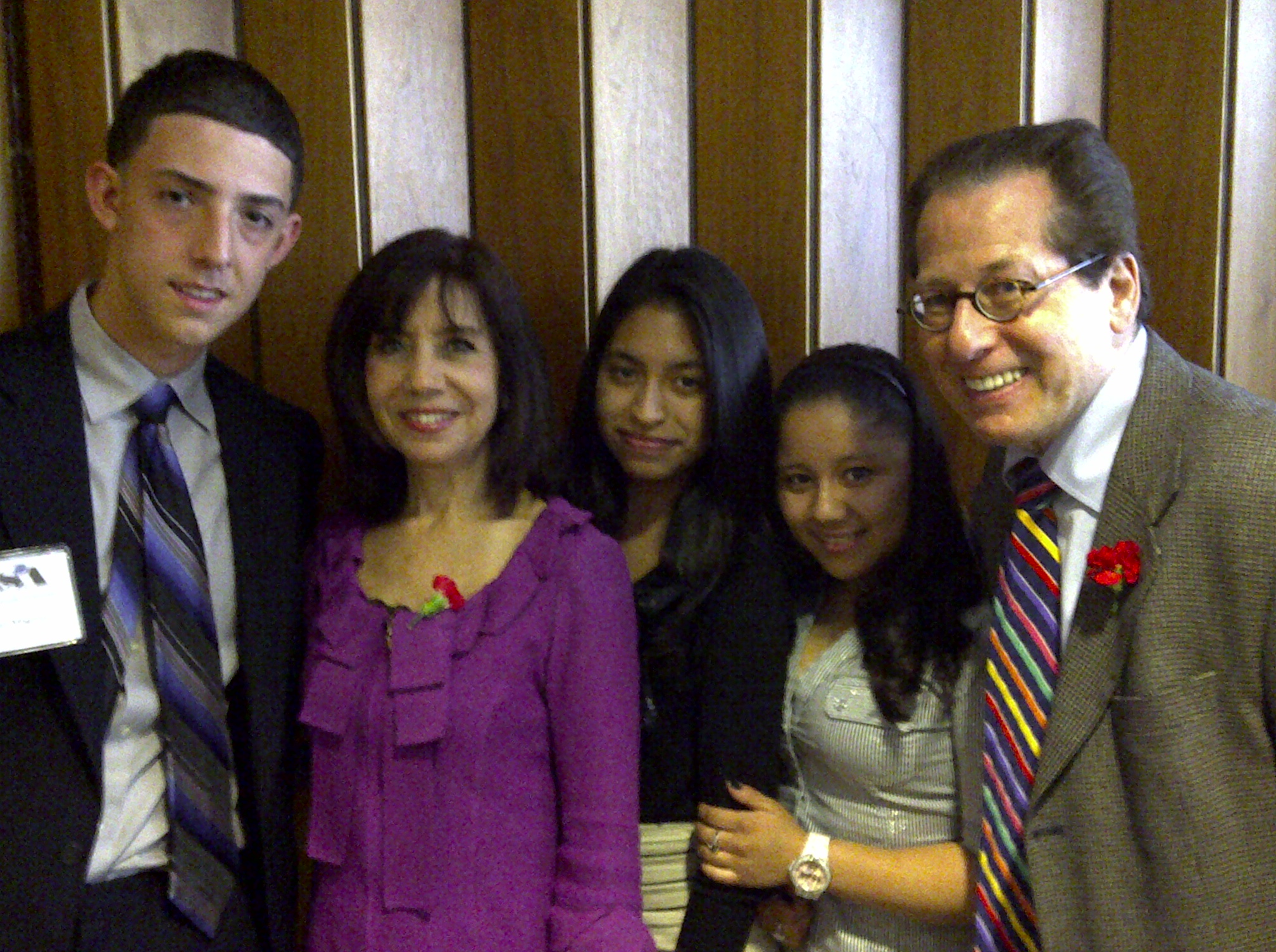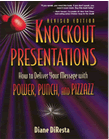 I am very excited to be on the LEXCI Business Expert panel at the Women's Leadership Exchange NYC conference on Tuesday, October 15th, 2013. Please join me and celebrate with other women business owners like yourself. You will get the knowledge, support and connections to help you leap hurdles to real growth at the WLE Conference. Register today to hear from top business professionals who will share their secrets to success.
I am very excited to be on the LEXCI Business Expert panel at the Women's Leadership Exchange NYC conference on Tuesday, October 15th, 2013. Please join me and celebrate with other women business owners like yourself. You will get the knowledge, support and connections to help you leap hurdles to real growth at the WLE Conference. Register today to hear from top business professionals who will share their secrets to success.
Dianne Budion-Devitt Moderator
Diane DiResta Panelist President, DiResta Communications Inc.
Darcy Ann Flanders Panelist Baseline Group NY
Rika Keck Panelist NY Integrated Health, LLC
Beth Neuhaus Panelist Chief Corporate Counsel, The Hamburger Law Firm
View the complete conference agenda here.
Be Inspired and Learn From the Best: - Lori Greiner, QVC/Shark Tank, WLE Compass Award Winner - Colonel Maria del Pilar Ryan, Ph.D., WLE Compass Award Winner - Sharon Melnick, Ph.D., CEO, Horizon Point, Inc. - Sue Malone, Founder Strategies For Small Business, Number one SBA loan provider - Jane Hanson, Partner, The Media Masters - Susan Solovic, The Small Business Expert
For a complete list of speakers, click here.
WLE would like to offer you a special discount. Use EARLYBIRD in the promotion code box and the conference will only be $99 (regular price $129). It includes continental breakfast and luncheon. This discount will only be available until September 9th. Don't miss out on this opportunity. REGISTER NOW! Hoping to see you on October 15th.
NYC Conference Location : MetLife Building 1095 Sixth Ave, New York, NY 10036
PS. Forward this letter to other women business owners or professionals who are serious about growing their businesses, too! With your recommendation, we will offer them this special discount.
For Details: www.womensleadershipexchange.com
Sponsored By: Media Partner:
American Express OPEN Glow Magazine







